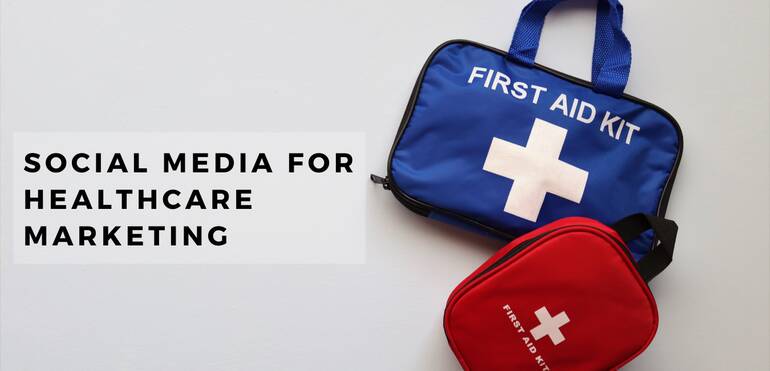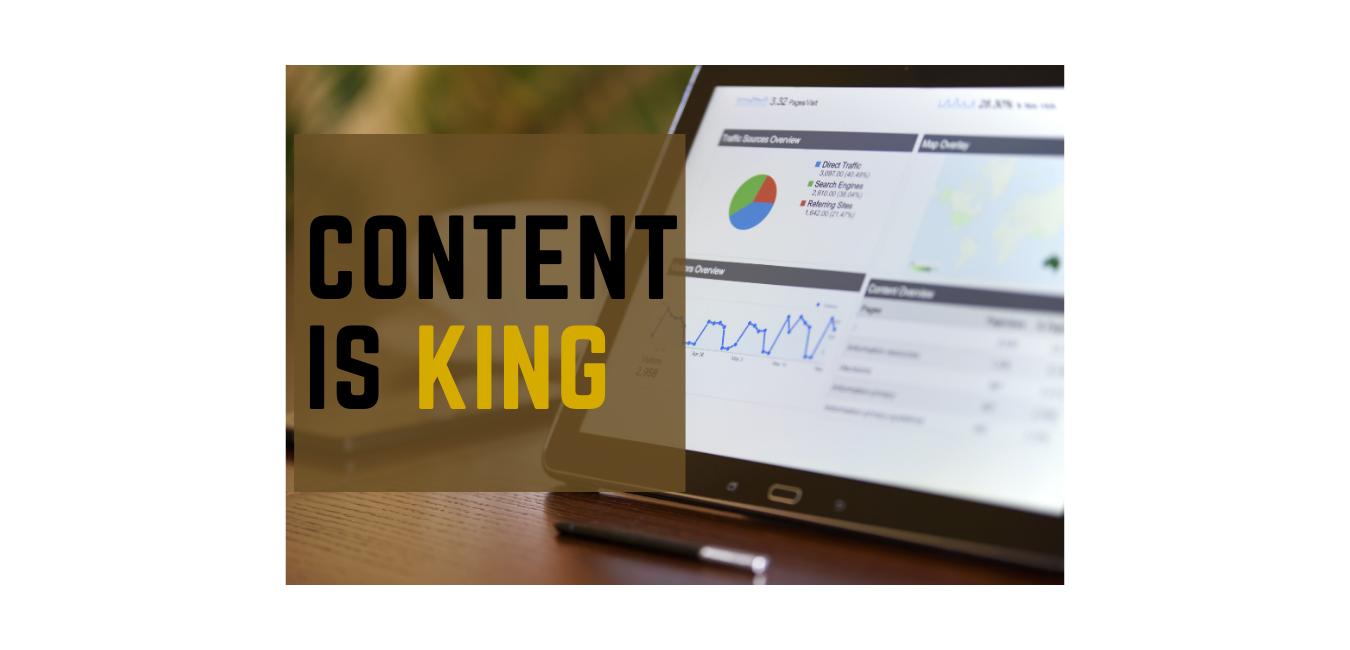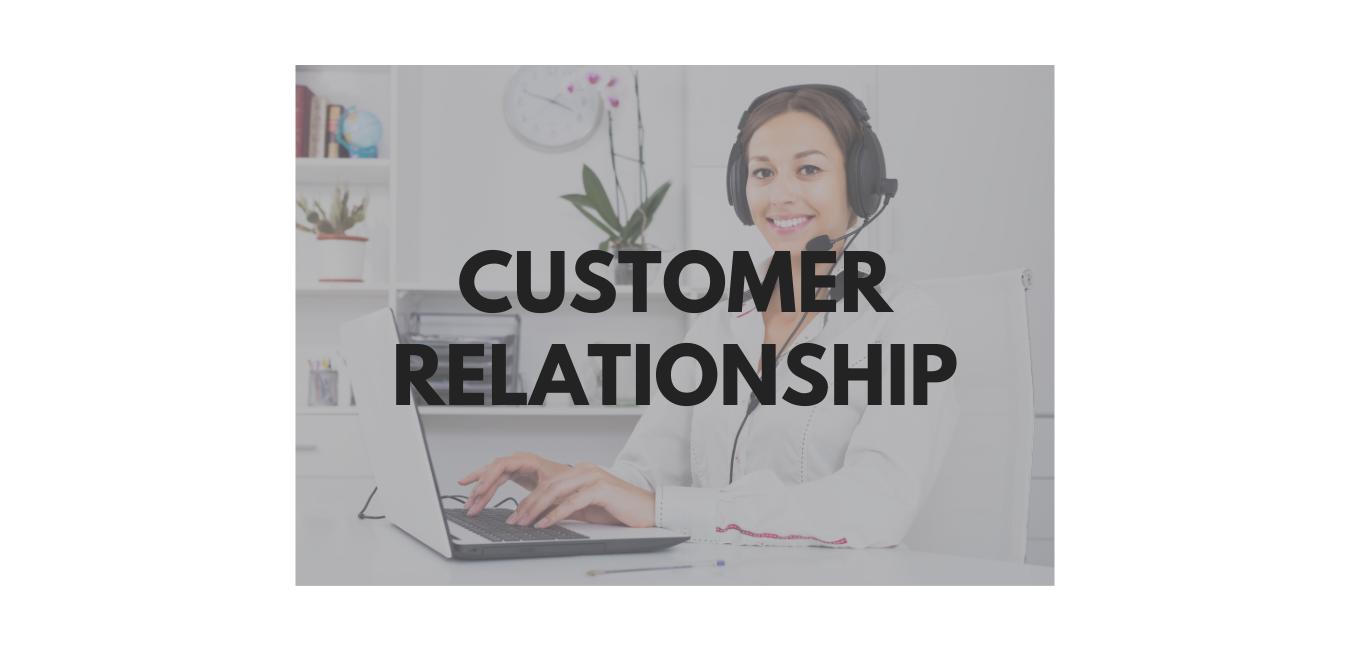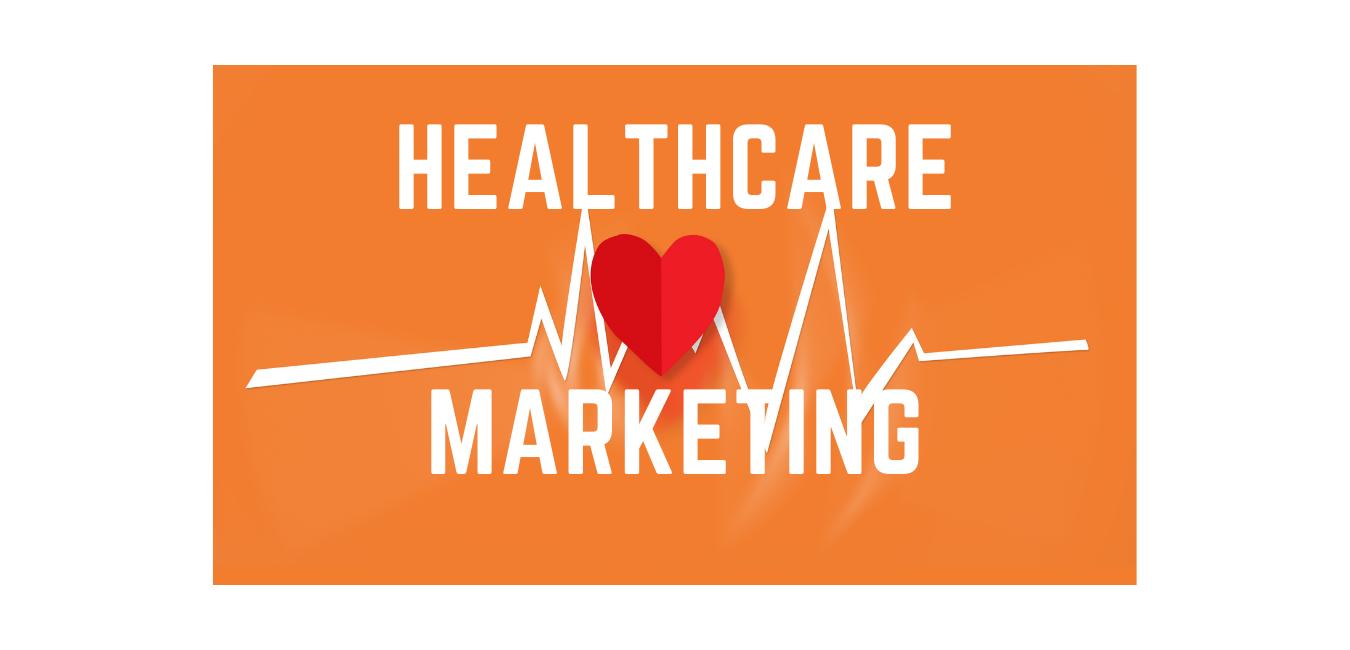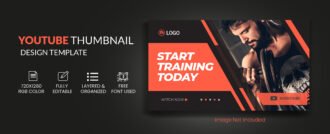How to use Social Media for Healthcare Marketing?
Social media has been steadily growing as a crucial part of healthcare marketing. There has been a significant rise in people visiting social media websites to get insight into healthcare practices. According to a report by Pew Research, 74% of internet users engage on social media. 80% of those internet users are looking for health information, and nearly half are searching for information about a specific doctor or health professional. With such an exuberant population seeking social media as an authentic outlet to look for healthcare professionals, healthcare practices must adapt their social media strategy to include social media marketing as an intrinsic part.
In the past year, Internet users have been constantly using social media websites to discuss COVID-19, search for preventive measures, look into the latest treatments and testing facilities in their locality, find information about healthcare practitioners, etc. Social media thus became the backbone of healthcare marketing, reaching a massive audience and driving patients into their respective hospitals, clinics, or healthcare practices.
We have thus established that there is a severe need for healthcare practices to adopt an active social media strategy if they want to reach a potentially more extensive clientele. Consumers on social media are evolving with each passing day, and now they need informative, timely, and accurate information regarding their health and the healthcare providers that are the most appropriate for their situation. Social media thus provides a hospital a very effective channel to market their brand, service, and products.
Apart from marketing the healthcare practice, social media marketing can also help form an image of healthcare practitioners as leaders in their industry. Social media websites can be excellent for posting links to informative talks, medical insight videos, podcasts, and relevant research papers. Upon sharing posts that pertain to industry knowledge and not just brand-related content, the potential clientele starts seeing the healthcare practitioner as a thought leader. Establishing an image as a thought leader substantially helps build a rapport with the possible clientele, inadvertently leading to more people discovering and coming to your healthcare practice.
How to use Social Media for Healthcare Marketing?
Publishing Educational Content:
Social media users are evolving with the times. Traditional advertisement tropes fail to catch their attention anymore. The audience now looks towards more informative content that will help them take preventive measures against a particular disease or information that can educate them on improving their lifestyle and help them prioritize health. Studies prioritize a vast search volume of health-related topics, including self-diagnosis. Using this as an incentive, post content regarding diseases and how one can tackle them at home. Provide them with a path they can follow, and if things get serious, they can contact your hospital. Posting exciting research articles, health tips to improve your daily life, or ‘did you know?’ posts can significantly increase user engagement.
Inspirational Posts:
Health-related posts can sometimes be hard-hitting or depressing, but they are not always like that. Post inspirational stories of patients fighting a deadly disease and miraculously getting cured through willpower. Regularly post content about how your brand makes a difference in the healthcare industry by saving lives, spreading disease awareness, putting forth new incentives or care plans that your hospital has incorporated to help the underprivileged, etc. All these help you connect with your audience personally, making them your customers.
Creating a Rapport with the Customers:
Social media marketing is crucial to creating rapport with your clientele. Apart from posting brand and medical-related content, you can bond with your clients by posting testimonials, videos about how your hospital functions, team photographs, etc. This content attracts many social media users and lets them see behind the scenes in the mystified healthcare profession. They feel more connected with the hospital and the entire team, which ultimately helps generate trust with your existing and future clients.
Fighting misinformation:
Social media, with its multiple advantages, has its backdrops as well. One of the most significant drawbacks of using social media is fighting misinformation. This has been a leading cause for spreading rumours and scaring people into believing false truths or half-truths, which is extremely dangerous. Especially in the healthcare sector, this has caused large-scale panic amongst the people. Due to things being complicated and not often understood by ordinary people, the healthcare sector is easily prone to misinformation. For example, people reposted a treatment for the COVID-19 virus, whereas there was no scientific evidence to back such a claim. Soon, people started believing in this fake news, which led to hoarding a particular resource. This is a serious issue and must be dealt with. Your job in the healthcare industry must be to spread awareness and stop spreading fake news. This creates respect towards your brand, and the online community looks up to you for accurate information in the future.
Answering queries:
During the pandemic, the Government of India launched a Facebook messenger chatbot so that citizens could ask their queries about the situation of the country, testing facilities,
Preventive measures, etc. Its main goal was to spread awareness, fight misinformation, and make people more comfortable so that they could fight against the pandemic. This example clearly shows how social media was used worldwide, not just by organizations but also by organisations controlling the situation. Customers whose queries are constantly resolved in the long run grow a deep relationship with the hospital since they know their questions will be heard and answered.
Apart from the Facebook chatbox initiative, many websites allow you to answer any questions related to your industry. One such website is Quora. Quora is very popular because industry veterans and leaders often go there and answer industry-based queries. Quora attracts millions of users daily; thus, it is a vital channel where you can help people with their medical queries with your industry insight. Being active on query-based platforms can be highly beneficial to your hospital and help establish an image as an industry expert and a thought leader. Replying to your patients’ queries makes them more comfortable, and apart from establishing yourself as a reliable expert, it will eventually help drive more patients to your healthcare practice.
Conclusion
To sum up, The Healthcare industry is people-focused, and social media thrives on mutual connections and how you engage with your audience’s understanding. Understanding what your audience wants makes social media marketing relatively easy. Plenty of tools are available online where you can see trending trends and use analytical metrics to understand what kind of healthcare topics are being discussed or generating engagement. Once you narrow down the trends, you can spread information about the subject in various forms, including industry news, infographics, video content, etc. The only thing one should remember from this article is that if you do not use social media for healthcare marketing to engage your audience today, your hospital will be left out. Your competitors will quickly capture your audience base. The time has come to incorporate it into your marketing strategy, and the points and points mentioned above will give you a good stand-up for your marketing campaign for social media.

